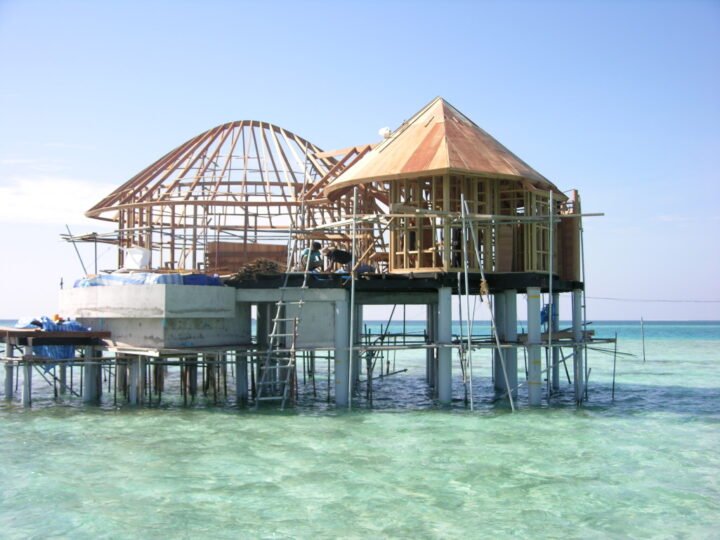MOT Updates Construction Period Extension Regulations
MOT has brought out a new set of regulations on construction period extension. The regulations are called the Construction Period Extension and Deferment of Rent and Fines for Places Leased for Tourism Purposes [Regulations No: 2022/R-236].
These regulations came into effect on 6 December 2022 and repeal the earlier rules on the subject collected in Regulations No: 2019/R-1041 and amendments brought to them.
While these new regulations largely aim at consolidating the rules on the subject, they also seem to introduce some changes to the existing practice.
While the regulations contain provisions on construction period extension in respect of both new properties and redevelopment of existing properties, we collect below the key changes in respect of new properties.
The Key Changes
- While the old regulations spoke of a three-year construction period extension applicable across the board to all kinds of tourism properties, the recently introduced regulations provide a maximum of 3 years for islands and land, and allows a four-year period for lagoons.
- MOT may grant an additional one year if 70% of development is achieved as per the work plan and within the construction period extension.
- MOT may grant an additional construction permit in case there are multiple islands forming part of the same lease, and in one phase, one island is developed and brought into operation – and there are other islands to be developed and made operational. MOT may also allow a deferment of rent and fines accruing during the development of those additional supplementary islands.
- Like in case of old regulations, all deferred rent and fines will become payable if the development is not achieved within the construction period extension. They would become payable within 24 months from the end of the construction period. If the payment is not made in time, MOT will have a right to terminate the lease agreement. However, the current regulations contain a proviso that if MOT provides an operating license within 15 days from the end of construction period, MOT will be prevented from terminating the lease agreement and all provisions on paying deferred lease rent and fines within 24 months will become inapplicable.
- Similar to the old regulations, the effective date for an extension will be the date of expiry of the current construction period if the application for an extension was made within an ongoing construction period. If the extension is requested after the expiry of a construction period, the effective date for the new construction period will be the date of application for that extension.
- A construction period extension will be granted in cycles of months – as opposed to days.
- In case of phased development out of a lagoon, the total land rent will be based on Schedule 1 to the Tourism Act, but lease rent will be actually payable only in respect of the land area of the island that is made operational while the rest of the lease rent applicable to undeveloped ones will be deferred.
- The deferment of rent and fines will be for a maximum period of three years from the date the main island was brought into operation, and lease rent will become payable from the expiry of those three years – even if the other supplementary islands were not brought into operation.
By: MN with contributions from EAS
Photo: Courtesy of Hotelier Maldives


